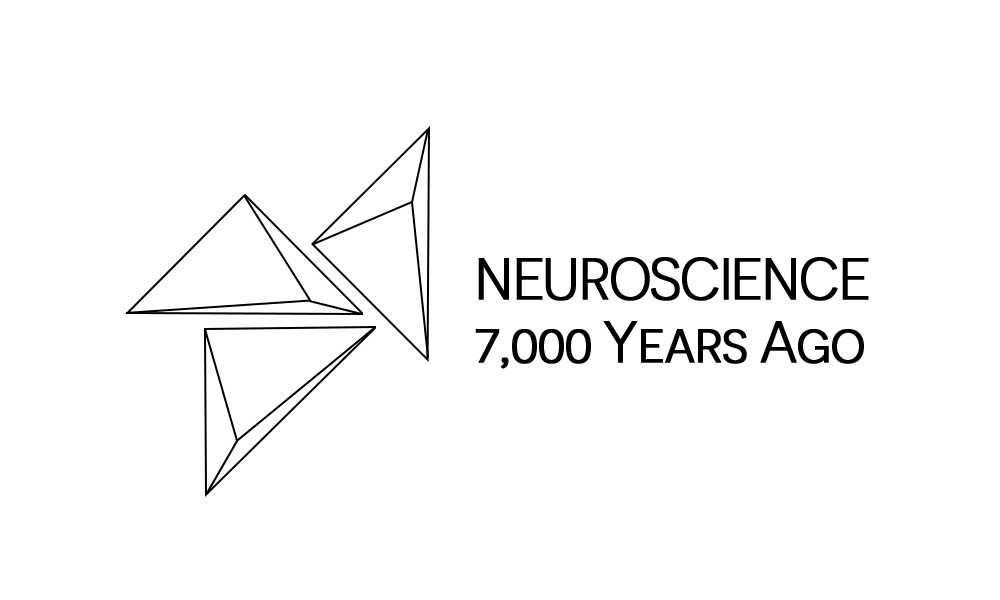
Brain Vs heart representations According to Babylonians
The Babylonians believed that the heart was the place where the mental activity is generated. Therefore, the diseases that nowadays we consider to be cerebral or nervous were imputed to this organ. Some of the symptoms would be: “not in full possession of his faculties”, “difficulty speaking”, “he wanders about (in a confused fashion)”, and “he does not know where it is” all of the previous mentioned phrases describes the patients’ complaints and they have been documented in the same way patients had described. By contrast, the ailments afflicting the brain could only come from injuries and traumatisms produced in this area. The brain was one more part of the head, together the eyes, the mouth, the nose and the ears [1].
One of the most common sicknesses that they concern the head is “Fever”; others are the stained with blood eyes, headache, the cloudy sight, the sunstroke, etc. We read: “if a man’s eyes are sick…”, “if a man’s brain contains heat…”, “if a person’s temples continually hurt him…” (Figure 1).

It must be emphasized that the Babylonians would have had no understanding of our modern concepts of neurological and psychiatric disorders. They knew nothing of brain or psychological function. They simply documented many remarkably detailed and objective descriptions of what in retrospect we can clearly recognize today as neurological and psychiatric disorders, a system of classification that would have been meaningless to the Babylonians. Although a few disorders, for example, what we call stroke, were suspected to have a possible physical basis or component, requiring treatment by an (physician) asû, most were viewed as supernatural, needing the attention of an (priest or exorcist) ašipu. A few disorders or behaviors were recorded as mysterious, yet to be understood, revealing a surprisingly open-minded approach [2].
- Epilepsy:
Mesopotamian healers and physicians distinguished a group of diseases to which we identify with the epilepsy, and describe it as the following:
“If the patient continually turns his head to the left, his hands and his feet are immobilized, he closes and rolls his eyes and spittle flows from his mouth, (and) he makes rumbling noises, AN.TA.ŠUB.BA (seizure).” [1].
They named with the term Sumerian “AN.TA.ŠUB.BA” to one sudden seizure “fallen from heaven “, while the disease of chronic character was admitted by the word Akkadian “bennu“. Here they believed that those seizures have divine source not because of cerebral disease.
Also, beside “AN.TA.ŠUB.BA” word there are other Akkadian words related to this class of ailments:
- “miqtu” (something that have fallen down)
- “ajjattu” (fit)
- “ibtu” (seizure)
It’s unknown if they refer to different stage or degrees of intensity of these diseases. According the texts, the variety “AN.TA.ŠUB.BA” is much more serious and has fatal consequences. The same thing happens when the “miqtu” attacks the children: They fail to suck the milk and, consequently, they die. As it was mentioned in the following:“If an infant as soon as he is born (and alter) two- or three-days pass, (his stomach) will not accept the milk and miqtu fall on him as in hand of god, hand of Ištar. The thieving one has touched him; he will die.”
As we will see below all of the mentioned observations are belonging to epileptic attack and seizures
- “If an rābiṣu seizes a person’s mouth so that he continually has inability to talk, his tongue is cramped, his breathing is difficult, his saliva flows and will not stop, his teeth are weak and ooze blood…”
- “If a man is quivering all the time when lying down, shouts like the shouting of a goat, roars, is apprehensive, shouts a lot all the time, (then it is) the hand of bennu, the demon (šēdu), deputy of Sîn. In order to cure him, you shall…”
“If the muscles of a person’s neck hurt him, hand of a ghost.”
They believed that some diseases were falling down from the sky or were provoked by the hand of a god or of a demon. Therefore, its etiology was of divine nature: they fall down of the sky or come from the stars; like “spawn of heaven”, or “spawn of Anu“.
The most serious modality of epilepsy is blamed to “the spawn of Šulpaea “. It was a secondary god tied to Jupiter, the star of the god Marduk. Those who offended the god were punished, though not directly by him, but across his lackey Šulpaea, who was spilling the evil on the guilty, or on his offspring.
References:
1 Yuste, P.: ‘Brain Diseases in Mesopotamian Societies’, BRAIN. Broad Research in Artificial Intelligence and Neuroscience, 2010, 1, (3), pp. 75-82
2 Reynolds, E.H., and Kinnier Wilson, J.V.: ‘Neurology and psychiatry in Babylon’, Brain, 2014, 137, (9), pp. 2611-2619

